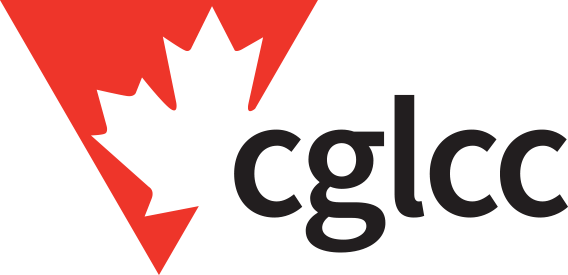
COVID
The current pandemic has an effect on all aspects of everyday behaviour. How people conduct their personal banking is no different. People who would never have dreamed of taking a picture of a cheque and depositing it through a banking app now do so. I remember in the opening weeks of the pandemic seeing long lineups at the banks. It made me think about the need for financial literacy as the adoption of digital personal finance options would inevitably grow. And it is an interesting demographic that has led the charge.
Largely forgotten by fintech marketers, the older demographic is showing the greatest growth, according to this report from CIBC, This is due to social distancing regulations and the fact that older citizens are at a higher risk of contracting the virus.
In addition, there is a general belief amongst personal finance providers that once a user adopts new technology, they’ll not go back to the old way of doing things. The retention rate for the latest wave of new digital clients is expected to be high. Adoption of digital personal finance options will not be a Covid-created bubble.
ENTERTAINMENT INVESTING
But the use and adoption of digital services are up across demographics and across investment products. Meantime, concerns are starting to grow about the effects retail investors are having on stock markets and other investment products — including FX, digital currencies like Bitcoin, physical commodities and more — giving rise to the term ‘entertainment investing’. And investing sites with cheap, or free, fees are providing a ready-made platform for the surge in retail investments. For example, Canada’s Wealthsimple trading platform just launched Bitcoin trading. People working from home or laid off now have the time and the tech to support investing on their own. It’s become their newest hobby.
FINANCIAL LITERACY MONTH
It seems like there has never been a better time to promote and celebrate financial literacy — and luckily, November is Financial Literacy Month in Canada. Content Innovo has always supported financial literacy — and this year we are going even further by launching an official campaign on our social media channels to highlight resources that will help improve financial literacy.
According to the National Bureau of Economic Research, people who score low in financial literacy often get their financial information from parents, friends and acquaintances. This month, Content Innovo wants to make it easy for people to find the resources they need to answer their financial questions.
Follow us on Twitter and LinkedIn and share with us the resources that you find most useful for managing your financial life.



